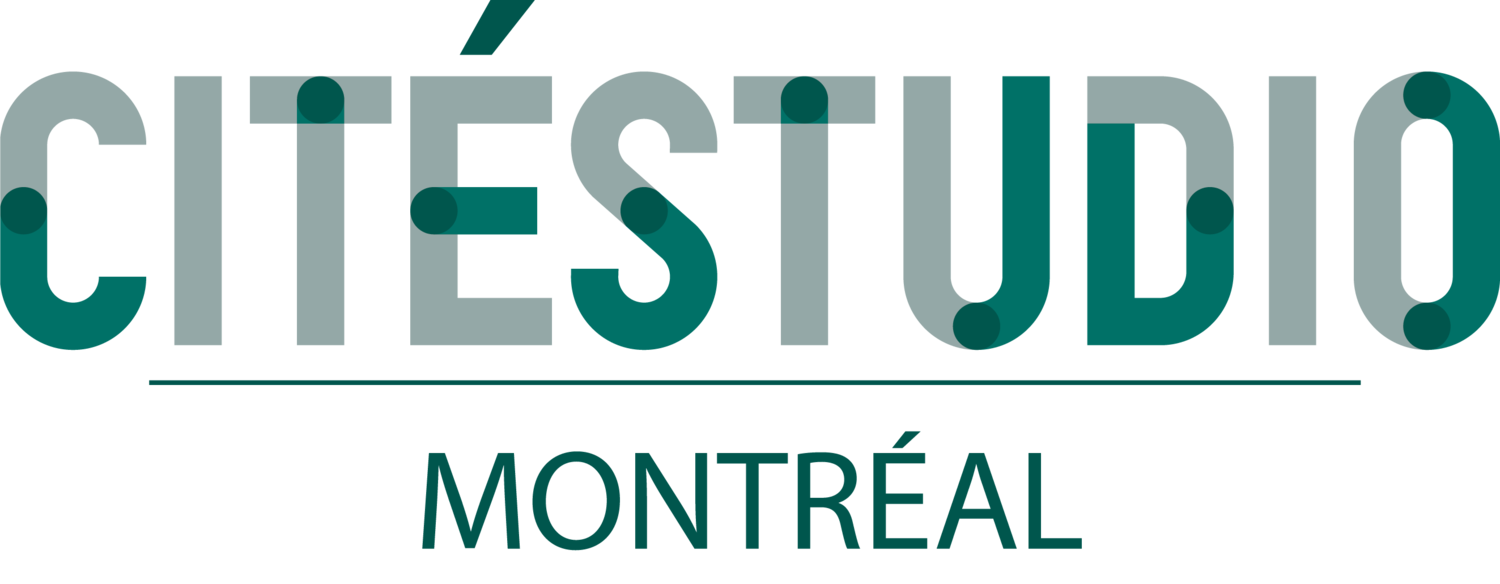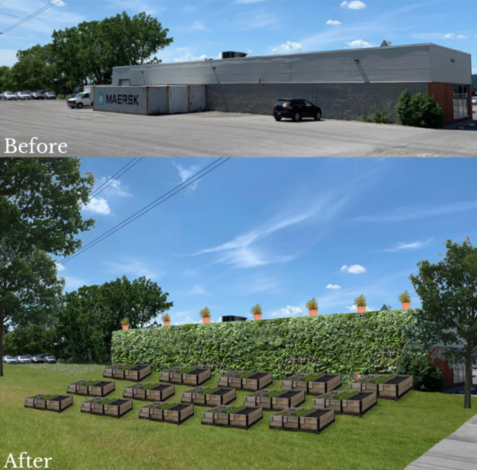4 topics were addressed during the 2nd edition of the connected courses in fall 2020:
Filter Categories
Tous / All
Public Spaces
Large Urban Projects
Heat Islands
Solidarity Behaviors
Filter Categories
Tous / All
Voilà! #2 Project Awards
-

Bridging the Gaps
Impact Potential AwardLarge Urban ProjectsAccess to transportation is complex on all levels, different groups have different challenges to face regarding mobility. Vulnerable populations are unable to access jobs, recreation or sites of leisure. The major outcome of this project is the development of an empirical analysis of mobility and accessibility within the context of vulnerability for the Bridge-Bonaventure site. -

Power to the plants
Jury's FavoritesHeat IslandsThe team’s project create an interactive experience around a specific zones of Montreal that teaches its users the history, use, benefits as well as care for plants that are native to North America, and more specifically Canada. -
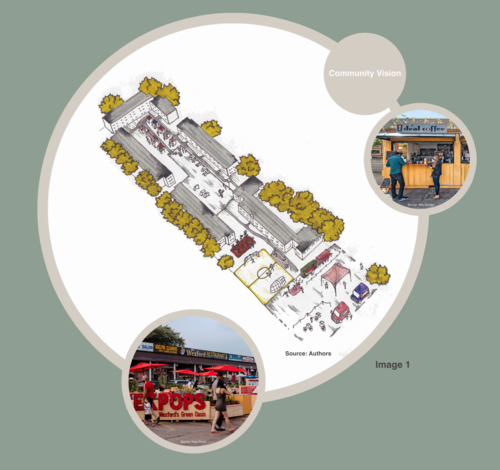
From Fringe To Hinge
Jury's FavoritesPublic SpacesThe project propose a framework for public space expansion that re-interprets recent zoning by-lawns in other cities to match Montréal-Nord’s built form. -

The Schoolyard Ecosphere Project
Jury's FavoritesHeat IslandsTo tackle the issue of heat zones in Montreal, our project transforms concrete schoolyards into thriving ecosystems. Our concept merges an edible garden with an outdoor classroom, a playground made out of natural materials, and a community meeting space. -
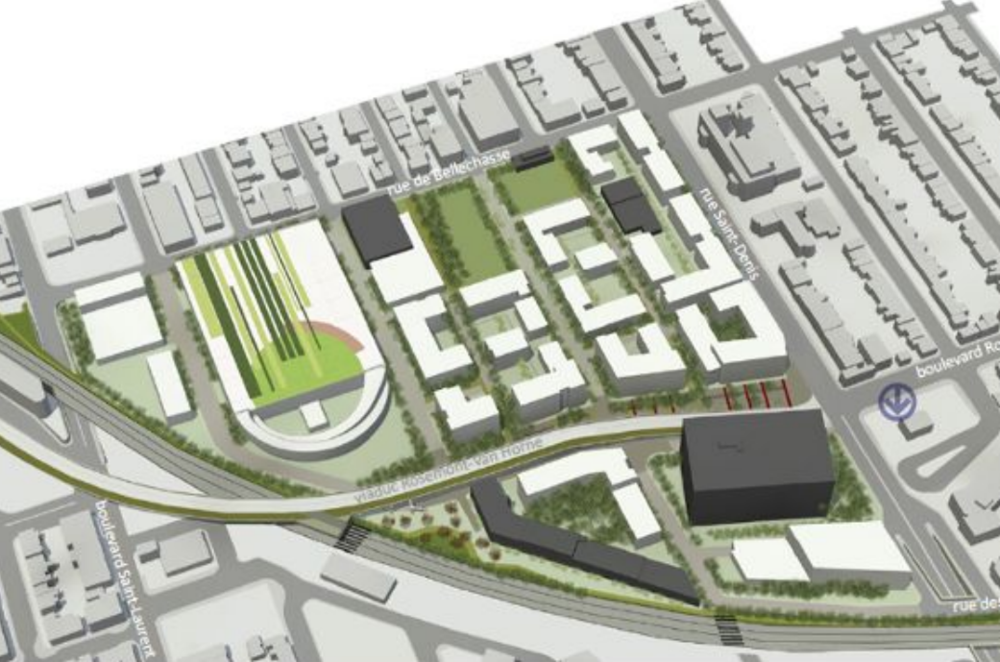
Bellechasse Case Study
Large Urban ProjectsThe Bellechasse Sector in the southwest part of the Rosemont – La Petite Patrie borough is one characterized by its presence of a diversity of diversified economic activities. This project mandate is to determine gaps in available data in a Montreal context so as to properly assess the vulnerability caused by development in the area. -

Analyzing Data Gaps In Montreal’s Homeless Network
Large Urban ProjectsCOVID-19 has exposed vulnerabilities in the shelter and housing systems and the data collection methods that help them function. This project seeks to gauge the resilience of Montreal’s current data collection systems in serving the homeless community’s health needs, both preempting and during the COVID-19 pandemic. -
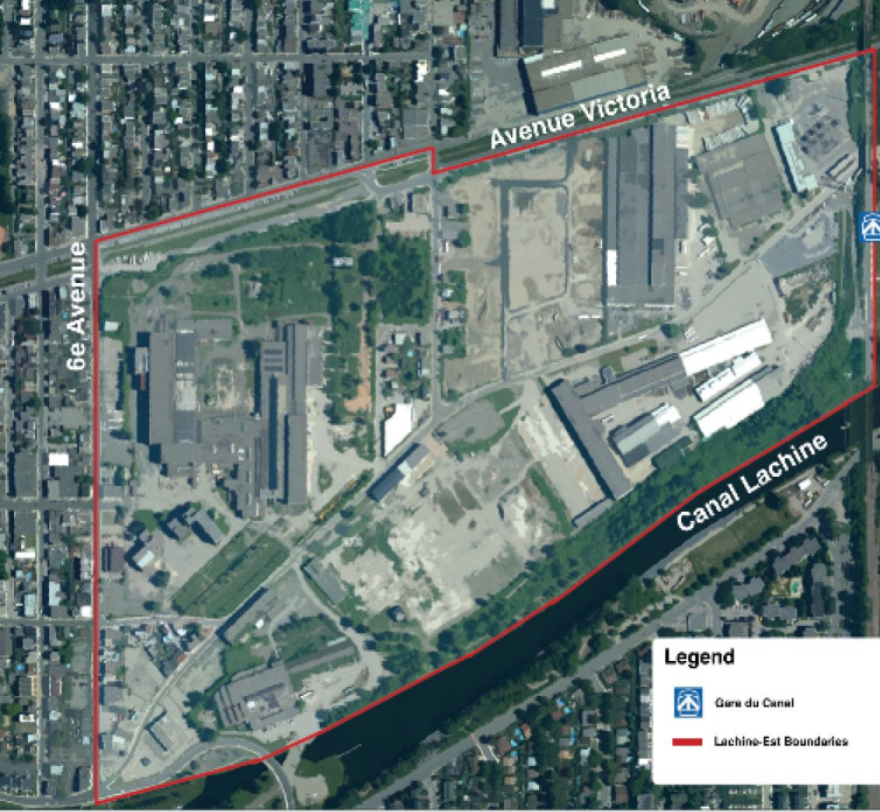
Assessing Climate Vulnerabilities
Large Urban ProjectsLachine-Est is a former industrial site developed along the Lachine canal. Today, this large area covering more than 60 hectares is mainly underutilized. This project present five main recommandations to assess climate vulnerabilities in the development of this area. -
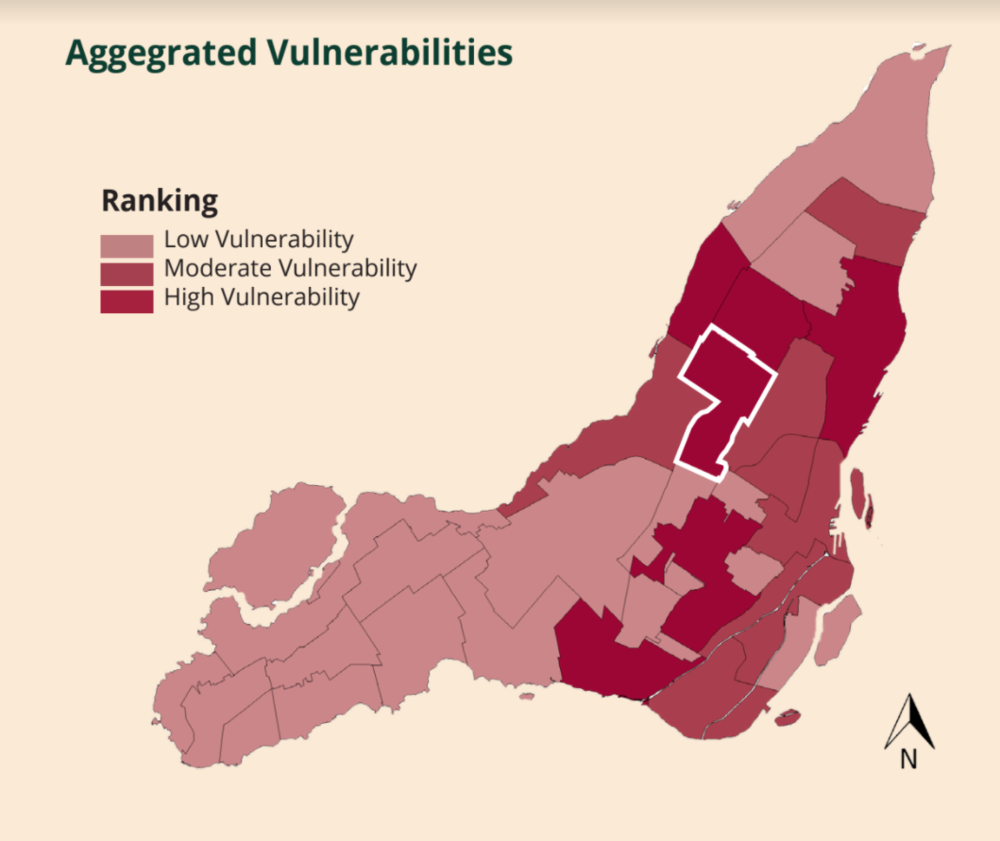
A Walk In The Parc-Ex
Public SpacesThis project aims to propose a SWOC analysis to develop social spaces in one of the most vulnerable borough of Montréal. -
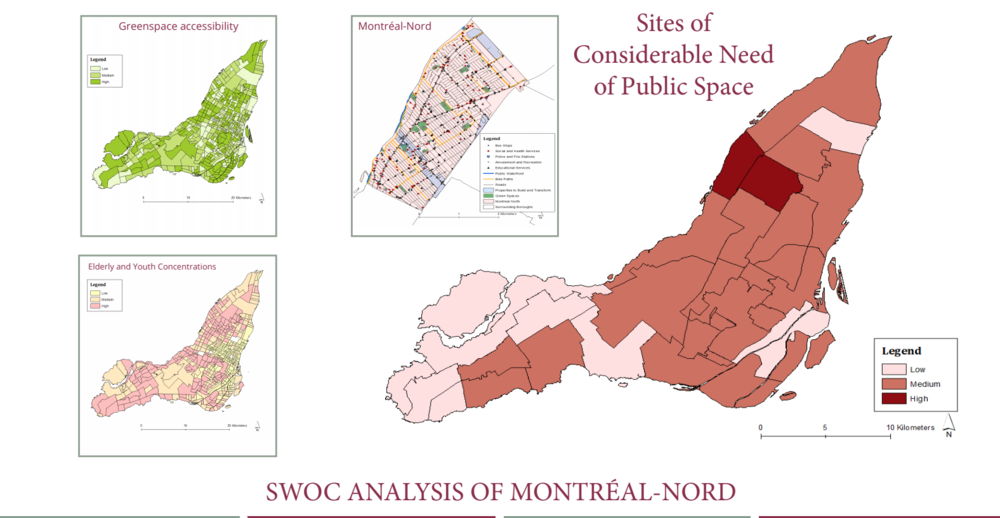
Rethinking Institutions As Public Spaces
Public SpacesInspired by public spaces from all around the world, this project propose to expand Public Spaces in Institutional and Educational Use for the Youth and Elderly in Montréal-Nord borough. -
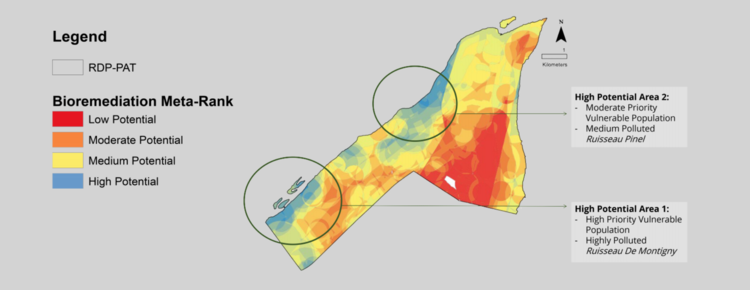
The Post-Industrial Urban Park
Public SpacesThe essence of the project is to conserve and enhance biodiversity using bioremediation methods. Assessed from a meta-analysis between biodiversity indicators and socio-economic vulnerabilities, this project’s objective is to revive unused and historically contaminated areas in Rivière-des-Prairies-Pointe-aux-Trembles borough. -
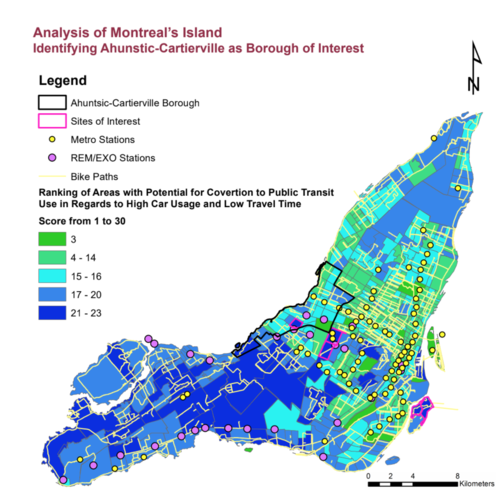
On the Road to Alternative Modes
Public SpacesThe goal is to get the residents of the Ahuntsic-Cartierville borough to commute to the existing transit hubs in the area by using active modes of transport. By doing this, the accessibility to public transit will be increased, reducing the use of cars as the main mode of transportation. -
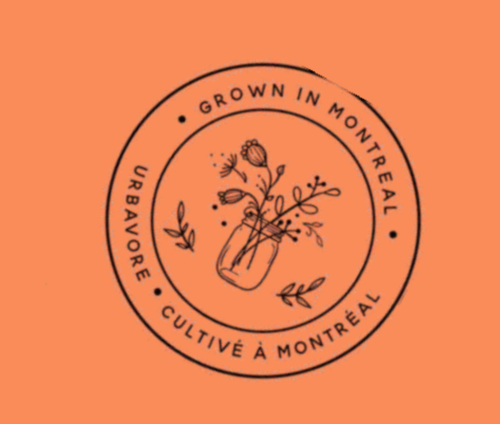
Urbavore
Solidarity BehaviorsThe Urbavore initiative aims to provide The City of Montreal with insights into best practices of urban agriculture from around the world as well as actionable recommendations on how to make the city more resilient and improve access to locally grown food. -
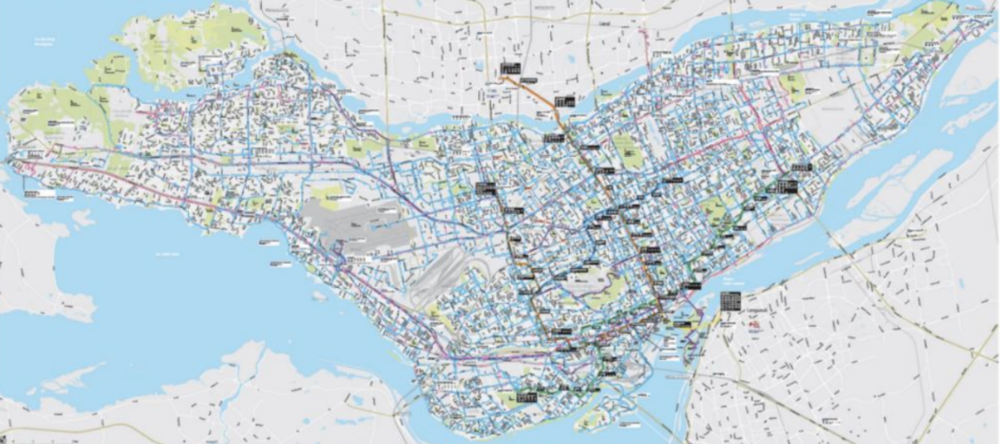
Urban Mobility in the Pandemic Era
Solidarity BehaviorsThis project aims to assess the initiatives taken by each city in order to make recommendations for how Montreal could better meet the dual challenges of maintaining public transit as a key form of urban mobility, while promoting public health measures. -
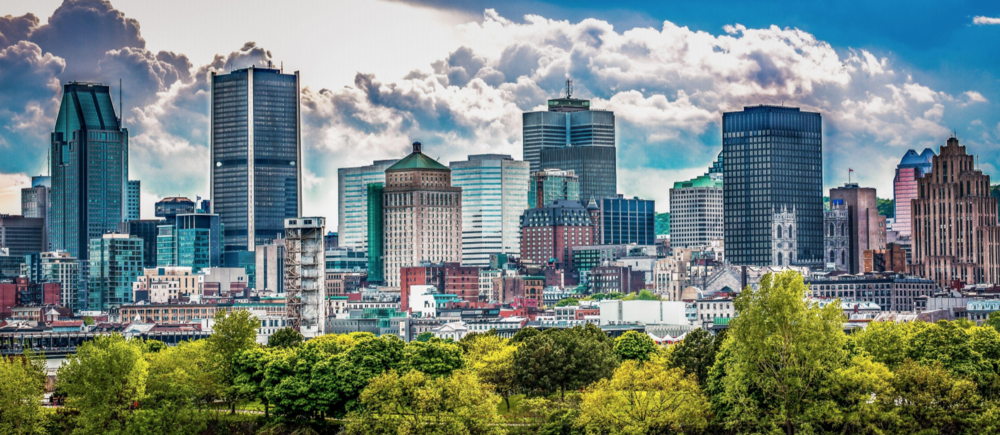
Sustainable Mobility Index - Montréal
Solidarity BehaviorsThis project aims at understanding Montréal’s sustainable mobility from a global perspective by using quantifiable references. -
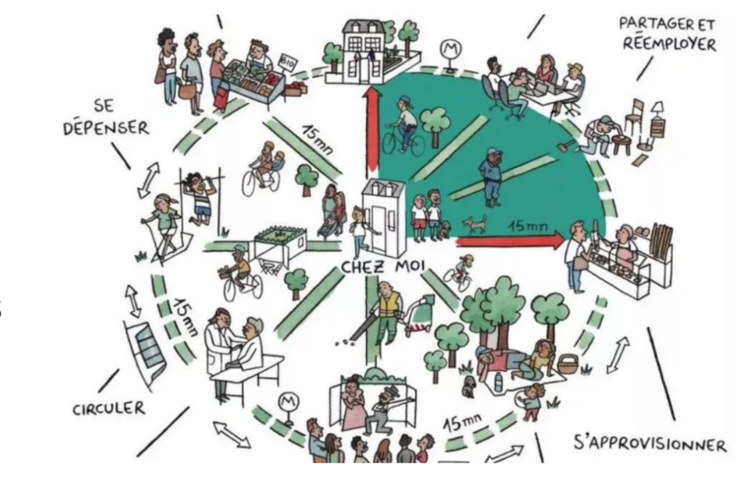
20-Minute Montréal
Solidarity BehaviorsThe project compares urban mobility across cities similar to Montréal, drawing valuable conclusions to help Montréal develop complete neighbourhoods - neighbourhoods that are sustainable and resilient to change. -

Food security
Solidarity BehaviorsThe strategies adopted in Singapore are on an institutional level aimed at building resilience in the system by addressing individual stakeholders in the food ecosystem. Montreal can focus on the core issues that impact stakeholders such as affordable housing and increasing accessibility. -
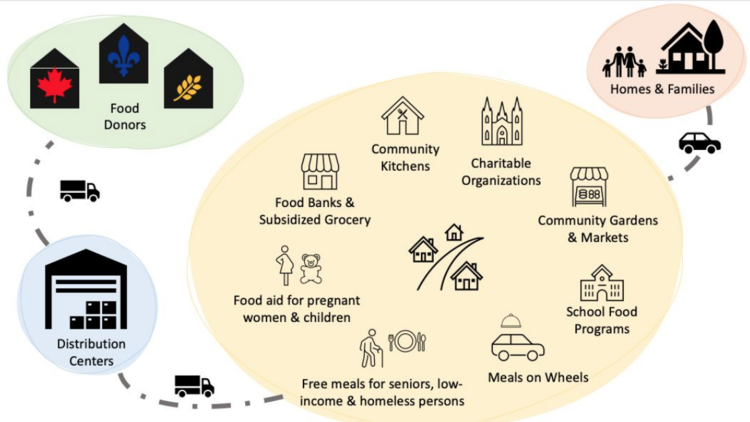
Montréal food-aid ecosystem and COVID-19 impacts
Solidarity BehaviorsMontreal’s food-aid ecosystem has never had to contend with a global pandemic, and COVID-19 hit hard and fast. This project aims to help better prepare the City of Montreal to future major events that may have a similar impact. -

Mental health resilience
Solidarity BehaviorsThis project consist in a comparative analysis of the initiatives which have been undertaken in three major Canadian cities, i.e., Montreal, Toronto and Vancouver, to address the issue of mental health in the context of the COVID-19 pandemic. -
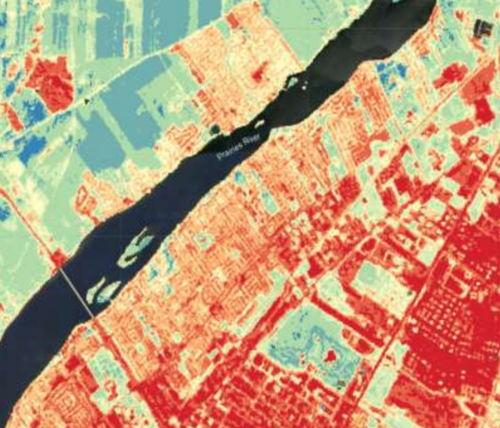
The RDP Heat Zone
Heat IslandsThe goal of our project is to restructure measures already put in place, as well as implement new ones in order to aid the residents living in Riviere-des-Prairies.

